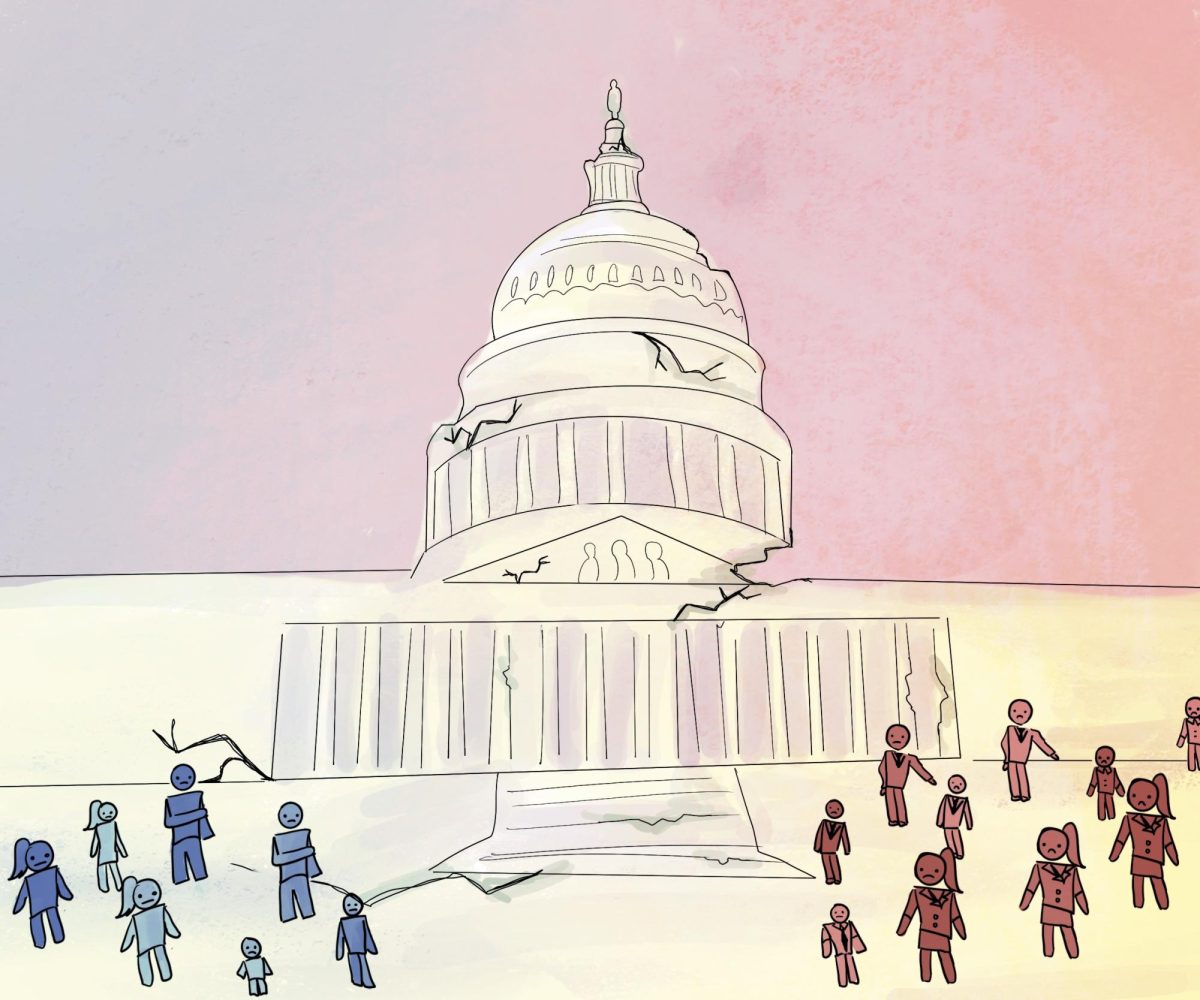Trump Is Laying His Cards Down
In November 2020, Joseph Biden was elected president with 306 electoral votes, compared with 232 votes for Donald Trump. In the U.S., the president and vice president are elected indirectly. On Jan. 6, 2021, both houses of Congress were tasked with certifying the Electoral College results. However, on that day, Trump, still the president, told supporters that he had won the election in a landslide and that he would never recognize any other outcome. Then, a fired-up crowd burst violently into the Capitol, attacked Capitol personnel, and hindered the completion of congressional proceedings.
Recently, Colorado and Maine blocked Trump from appearing on the states' primary ballots. More than a dozen states are considering the same action. One of the main arguments behind these decisions lies in the 14th Amendment, Section 3, which prevents anyone from being a senator, representative, elector or public official who, having sworn to defend it, has been involved in an insurrection or rebellion against it.*
Trump has asked the Supreme Court to rule on his case. His attorneys argue that upholding disqualification would mark the first time in U.S. history that a legal decision would prevent voters from casting their ballots for the front-runner from one of the major parties.
The citizens of the U.S. are anxiously awaiting the Supreme Court’s decision regarding the violent events of 2021.
*Editor's note: Section 3 of the 14th Amendment provides in relevant part: "“No person shall be a Senator or Representative in Congress, or elector of President and Vice-President, or hold any office, civil or military, under the United States, or under any State, who, having previously taken an oath, as a member of Congress, or as an officer of the United States, or as a member of any State legislature, or as an executive or judicial officer of any State, to support the Constitution of the United States, shall have engaged in insurrection or rebellion against the same, or given aid or comfort to the enemies thereof.”


